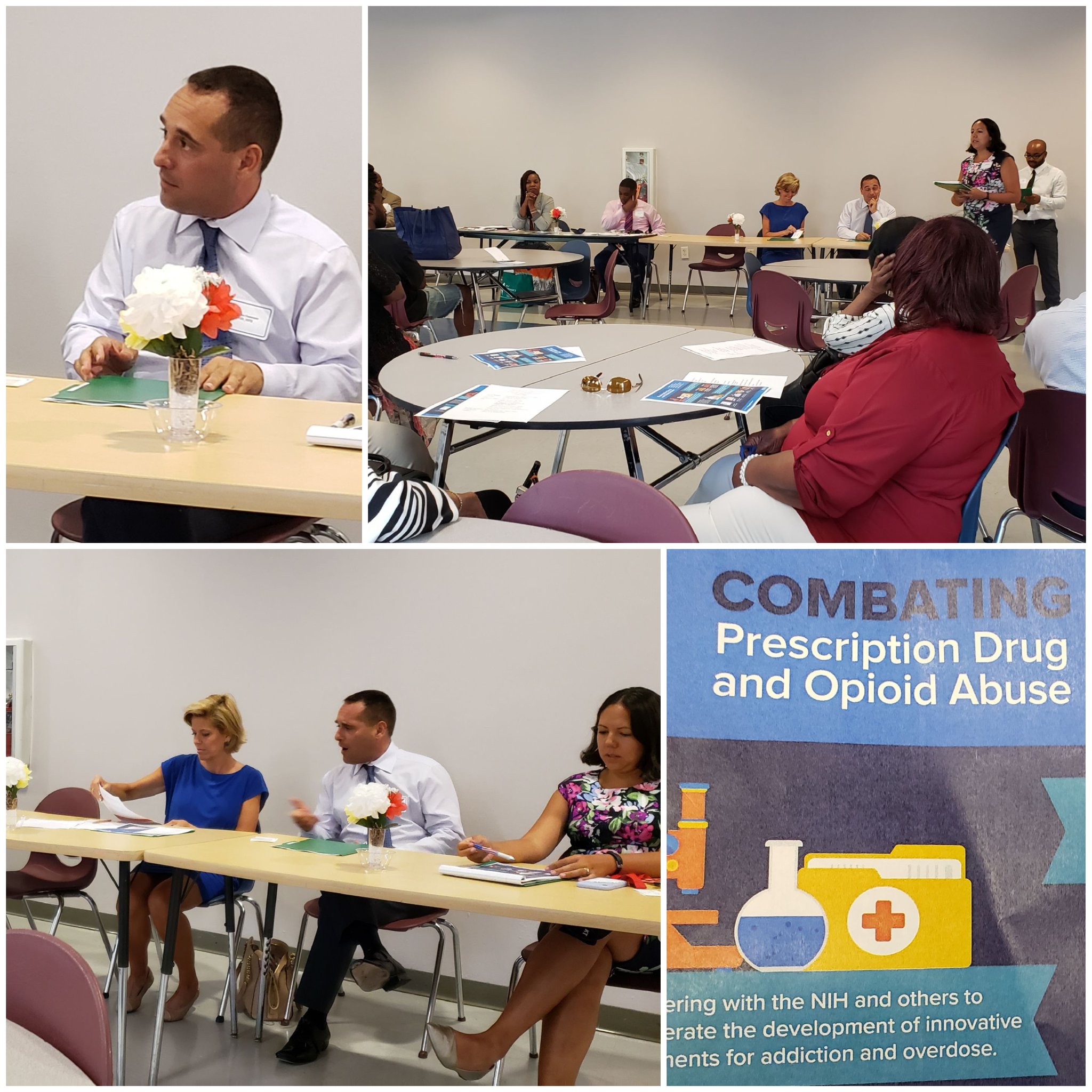Opioid Policies

Much like the rest of the United States, residents of the District of Columbia are struggling with substance use disorder (SUD) rate increases and high rates of opioid-related deaths. Unfortunately, these are multi-faceted issues that require year-long initiatives and systematic programs to address the myriad causes of addiction.
MSDC stands as a partner to the District government and private entities to help arrest the rates of opioid and substance abuse in the District. Through our advocacy for better prescribing practices, education on addiction, and even helping our own community through our Physician Health Program, MSDC is working to make DC a leader in reducing SUD, OUD, and addiction.
On a related note, MSDC is passionate about helping patients make prescriptions and medication more affordable. Whether expanding access to biosimilars or advocating for more affordable co-pays, MSDC wants to help our patients afford the medications they need.
MSDC Statement and Testimony on Opioid and Prescription Issues
25th Council information coming soon
2022 Looks to Be A Very Busy Year in Physician Advocacy
If you are a physician interested in advocacy or meeting with the DC Council, this will be a great year for you.
As we enter the second year of the Council cycle, MSDC sees a number of critical issues that likely will be discussed on the Council's agenda. There are many reasons for this but a key one is the backlog in issues delayed because of COVID concerns. With the Council operating remotely and needing to address numerous COVID-related legislation, issues that may have been discussed normally in the first year of a cycle are delayed to this year.
(To see a summary of this article, please enjoy this video of a presentation by MSDC Advocacy Committee Chair Dr. Klint Peebles)
First is a likely scope of practice discussion. DC Health has spoken openly about their intent to introduce a bill overhauling the Health Occupations Regulatory Act (HORA), the statute governing how medical professionals practice. DC Health has asked all the licensing boards in their jurisdiction to submit comments on changes needed. While legislative language has not been released, we anticipate there will be language of interest for DC physicians. The MSDC Board and Advocacy Committee have discussed preparations for analyzing and responding to the bill.
Second is long overdue insurance reforms. Councilmember Mary Cheh introduced a bill in late 2021 on copay accumulators. The bill would prohibit insurers from applying savings and discount programs to deductibles, meaning fewer savings for patients. MSDC is a strong supporter of this legislation and looks forward to a hearing on it to argue why this is needed legislation. We are also hearing prior authorization reform legislation could be considered as well.
Third is continued progress towards regional medical licensure or reciprocity. This took a major step forward in December when the DC Board of Medicine voted to recognize Maryland and Virginia's medical license requirements as substantially equivalent. That opens the door to DC creating through regulation a reciprocity process for Maryland and Virginia licensed physicians in good standing. MSDC has also heard the Council is interested in this issue and may take action on regional reciprocity based on the experiences of COVID-19 and the healthcare workforce.
Fourth is the budget process, an annual area of interest for MSDC. This year's budget will be different than last year's. A major reason is there is unlikely to be a major injection of federal relief funds like there was in 2021, which delayed that budget process. While the District's economy is sound, there will be hard decisions that need to be made on funding priorities.
Finally, we will potentially see action on other items on the MSDC agenda as well as new issues introduced and debated. How can you prepare as a local physician or medical student?
- Keep track of "bills of note" on the MSDC website
- Read our Advocacy Curriculum articles to learn more about the process
- Reach out and share how you want to get involved!
Sample of Legislation MSDC Tracked on Opioid and Prescription Policy
What does it do? The bill authorizes licensed pahrmacists to dispense interchangeable biological products and requires notifications to physicians when such interchangeables are dispensed.
MSDC position: MSDC has a position of priority support on this legislation, identifying its passage as one of its highest legislative priorities.
Current status: SUCCESS. The bill was passed by the Council and signed by the Mayor.
What does it do? The bill requires prescription opioid medications to include a statement that the drug is an opioid and opioids may cause dependence, addiction, or overdoes.
MSDC position: MSDC supports the legislation.
Current status: The bill had a hearing before the Committee on Health on July 29, 2020. MSDC leader Dr. Sam Kareff testified for the Medical Society. It passed the Council on November 10 and was signed by the Mayor December 7.
What does it do? The bill prohibits insurance companies from factoring the use of PreP in decisions related to disability, life, or long-term care policies.
MSDC position: MSDC supports this legislation
Current status: The bill was introduced on January 8, 2019 and assigned to the Committee on Business and Economic Development.

Leave a comment